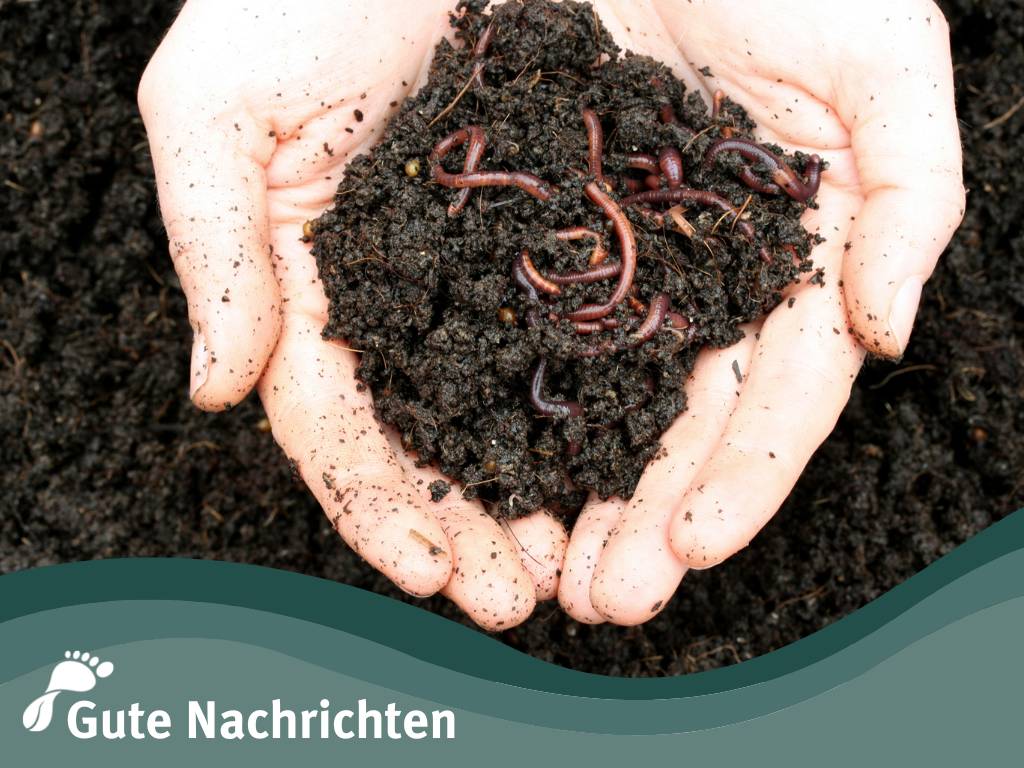New Viennese "worm hotel"

In the middle of Vienna's densely built-up sixth district, there is a new "worm hotel", inhabited by 12,000 worms that convert the organic waste from 20 households into valuable humus that is used as plant fertilizer. There are now three worm hotels in Vienna, with five more to follow in the course of this year. In Vienna, 172,000 tons of biowaste (or 30 percent) are disposed of in residual waste every year and incinerated with it instead of putting this valuable resource to good use.
This fact was seen as "an absolute disaster" by David Witzeneder, Managing Director of the Upper Austrian company Wormsystems, which already sells the worm box. The amount of organic waste mentioned above could be turned into 17,200 tons of valuable worm compost. In addition to reducing organic waste, the project aims to inform city dwellers about the circular economy and the creation of so-called composting communities will also strengthen local community life.
What do worms want to eat?
This teaches us that compost worms prefer fruit and vegetable scraps and a 20 percent fiber content, which is achieved through paper and cardboard. Under no circumstances should cooked, salted food, milk, meat, bones and chemicals, as well as citrus fruit and peel, be given to the worms, as this can kill them. The high fiber content and good aeration ensure that the composting process is completely odorless. The mature worm humus smells similar to forest soil.
The environment in which the worms feel most comfortable is very humid and has a temperature of between 15 and 25 degrees, which is controlled by the worm hotels' own sensors. Shading comes from the wooden boxes' own greenery and rainwater is also collected and used.
The project is funded and scientifically supported by the Ludwig Boltzmann Institute.
Advantages of worm humus
- Worm humus has a very balanced and, compared to "normal" compost, higher nutrient content and is an excellent plant fertilizer.
- The high proportion of microorganisms also contributes to sustainable soil improvement.
- The high water storage capacity is a key factor
- Faster germination of seeds and young plants
Left:






